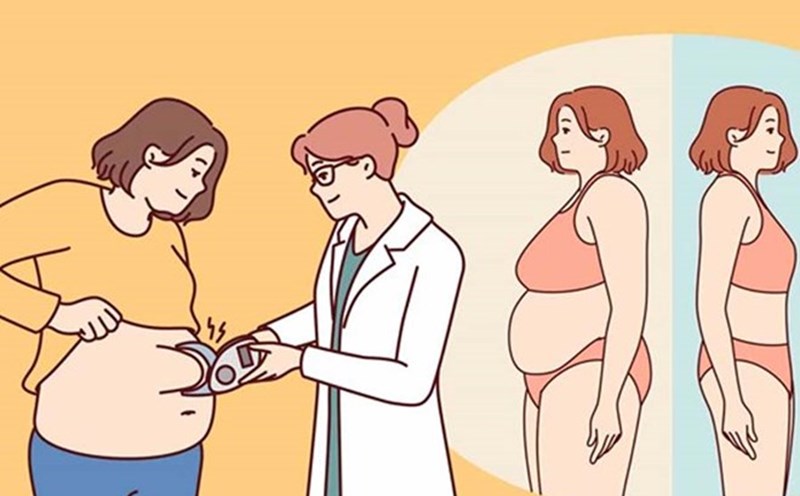Monitor your carbohydrate intake
If you are premenopausal or menopausal, track your carbohydrate intake. Carbohydrates are converted into sugar in the body. A low-carb diet can reduce the risk of weight gain and reduce belly fat in menopause.
Check portion sizes
The body's metabolism slows down as you enter menopause. At this time, your weight can increase rapidly if you don't reduce your calorie intake.
Reducing outdoor and snacking is an easy way to control portion sizes, but the time and frequency of meals are also very important. You can improve your weight by eating all 3 main meals a day.
Choose healthy fats
Fat adds flavor, makes our food more delicious and is part of a healthy diet. Therefore, we do not need or encourage the complete elimination of fat from the diet. You just need to choose healthy fats that are good for your body.
The healthiest fats are plant-based fats such as olives, nuts, etc.
Proper time to eat and snack
When you are on a middle-aged diet, not only what you eat is important, but the time you eat is also important. We should not eat too late, because it can affect the fat loss process.
Another way to control calories from snacks is to avoid snacking unconsciously in the afternoon. That is the time when most women tend to overeat and snack too much.
To help control snacking, we should start paying attention to our circadian rhythm. Eat for 8 to 12 hours a day, then don't eat for the remainder.










